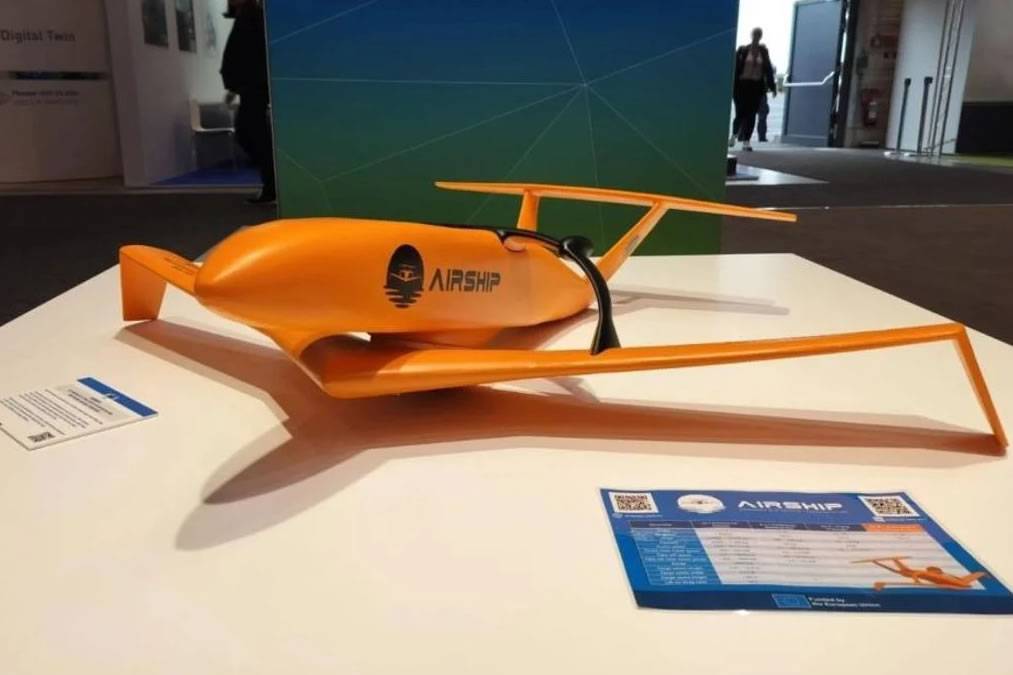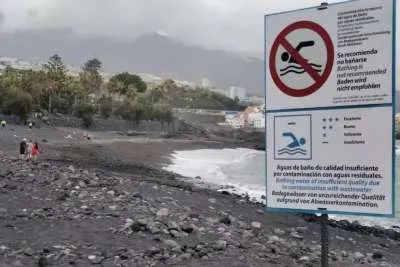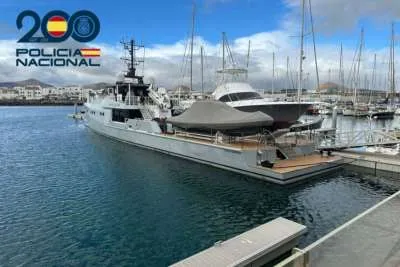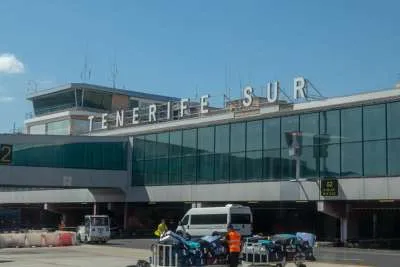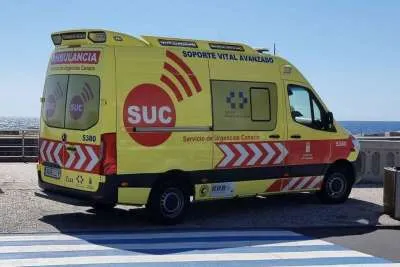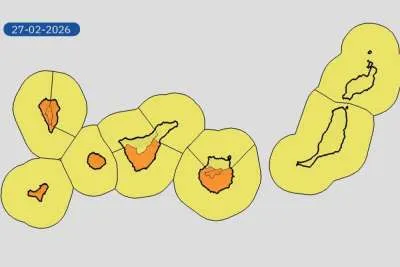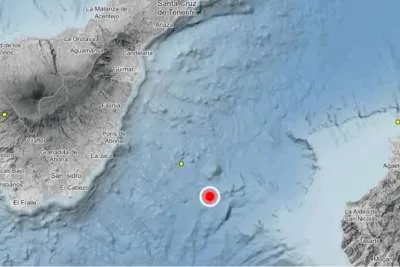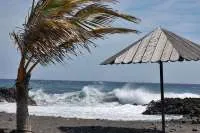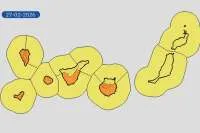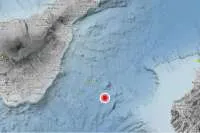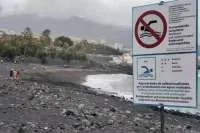New study validates feasibility of ‘Flying Boats’ for the Canary Islands
- 11-01-2025
- Business
- Canarian Weekly
- Photo Credit: ULPGC
A groundbreaking study conducted by the University of Las Palmas de Gran Canaria (ULPGC) has affirmed the economic and environmental viability of "flying boats" as a sustainable means of transporting goods between the Canary Islands.
The research, funded by the European Union and involving seven universities, presents a scalable prototype of the innovative Airship vehicle, which operates just half a metre above sea level and is guided by artificial intelligence. This cutting-edge solution offers the potential for a green, efficient transport alternative.
A Scalable Solution for Freight Transport
The Airship, which can carry loads ranging from 1,000 to 4,000 kilograms, would need to complete four trips daily for 250 days a year to achieve economic viability.
According to Beatriz Tovar de la Fe, a professor in ULPGC’s Department of Applied Economic Analysis, the study demonstrates that this futuristic vehicle could make inter-island freight transport profitable. Moreover, its scalability opens the possibility of future applications, such as passenger transport.
The research primarily focused on transporting fresh seafood, such as fish and shellfish, to major ports in Gran Canaria and Tenerife from smaller islands like El Hierro, Lanzarote, and Fuerteventura. The economic analysis also suggests potential utility in the transport of hazardous goods, further broadening its scope.
Environmentally Friendly and Resilient
What sets the Airship apart is its environmental neutrality. Powered by electric batteries, it produces no CO2 emissions, making it ideal in the transition to greener transportation solutions.
The AI-guided navigation system enables the vehicle to navigate adverse weather conditions by adjusting its altitude or route, providing a significant advantage over traditional cargo ships. Additionally, its speed surpasses that of conventional vessels, ensuring quicker delivery times.
A Collaborative European Effort
The Airship project is a pan-European initiative spearheaded by a consortium of universities, including the Polytechnic University of Madrid, and features contributions from institutions such as the Universities of Trisolaris, Luxembourg, Tampere, and Tallinn.
Research organisations like the La Palma Research Centre (LPRC) and Portugal’s Institute for Systems and Computer Engineering, Technology and Science (INESCTEC) are also key collaborators. The project is funded under the Horizon Europe programme through the European Health and Digital Executive Agency (HaDEA).
Recognition in Academic Circles
The findings of the study, led by Beatriz Tovar de la Fe, have been published in the Transport and Telecommunication Journal. The paper includes contributions from professors Riina Otsason, Olli Pekka Hilmola, and Ulla Tapaninen from the University of Tallinn, highlighting the collaborative and interdisciplinary nature of the research.
The success of this study not only demonstrates the potential for sustainable transport solutions in the Canary Islands but also places the region at the forefront of innovative maritime technology. With its promising economic and environmental benefits, the Airship could mark a turning point in how goods—and potentially passengers—are transported between the islands.

Other articles that may interest you...
Trending
Most Read Articles
Featured Videos
TributoFest: Michael Buble promo 14.02.2026
- 30-01-2026
TEAs 2025 Highlights
- 17-11-2025


